HQ Magazine
OACP Online Media Hub
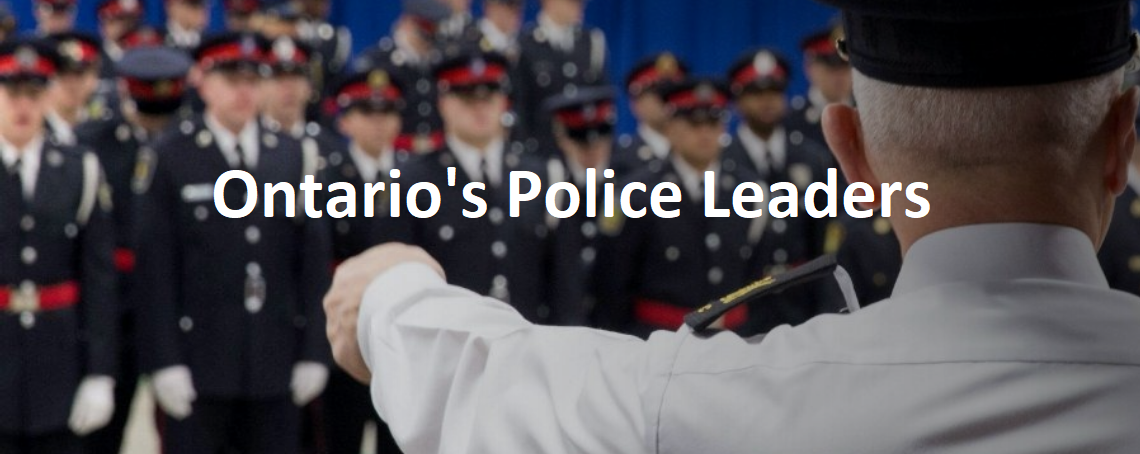
New and Focused Content from OACP
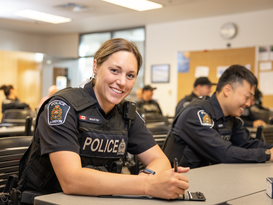

The 2025 International Association of Chiefs of Police (IACP) Conference in Denver, Colorado October 18th-21st, 2025, brought together police leaders, researchers, and innovators from around the world to exchange ideas and showcase advancements shaping the future of law enforcement.


Investigative genetic genealogy (IGG) is solving crimes that once seemed unsolvable. This new investigative technique can provide long-awaited answers to victims and families. It can enhance public safety, hold offenders to account for serious crimes, and in some cases, exonerate the wrongfully convicted.


Artificial intelligence (AI) is transforming numerous sectors, and policing is no exception. As technology advances, police organizations are increasingly adopting AI to enhance decision-making processes and improve crime prevention efforts.
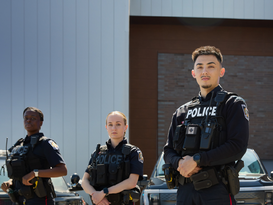

Starting a new career is always an exciting decision, but when it is driven by passion and a desire to help others, it becomes something truly meaningful. If you have ever dreamed about making a difference in your community, now is the perfect time to take that first step.
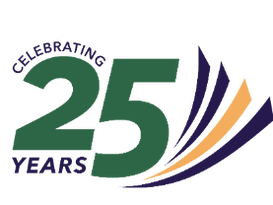

Celebrating 25 Years of Transformative Police Leadership: The OACP and Rotman School’s Enduring Partnership


Automated Licence Plate Recognition (ALPR) technology is a transformative innovation for policing, helping to track stolen vehicles, locate missing persons, and enforce driving laws. But as its use expands to include other purposes, so does the responsibility to ensure ALPR programs are well-managed, privacy-protective, and trusted by the public.
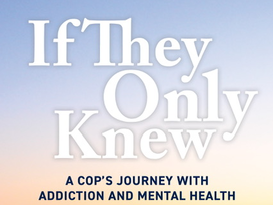

As someone who has worked closely with many police officers for more than two decades and spent five years engaged in doctoral research on what makes police officers “tick,” I have often found that officers find it difficult to talk about personal mental health and addiction issues. I attribute much of that to the deeply engrained police culture that demands “toughness” in the face of what cops deal with “on the job”.


Shiftwork makes people tired in a way that few things can. Police members and other first responders, who work to promote the safety and well-being of those around them, are well aware of this. However, physical exhaustion is not the only type of fatigue. The emotional load of seeing and experiencing tragedies repeatedly can have long term impacts, including on the ability to feel compassionate.


What is strategic management and why is it important? Strategic management is the execution of a plan; it is dynamic, continuous, and involves the coordination of resources across an organization. Done well, it means a plan made an impact towards things that matter and did so efficiently.


As we celebrate Women’s History Month, it is important to recognize the remarkable contributions of female police officers and civilian members across Canada. These dedicated professionals play a pivotal role in maintaining public safety, upholding justice, and fostering community trust.


More than 10 years ago, on behalf of the Waterloo Regional Police Service (WRPS), I assisted in the creation of the Reach For It! Program – a recreational program that partners police officers with youth who have Fetal Alcohol Spectrum Disorder (FASD).


Police work is stressful. Police service members, whether sworn or civilian, can be exposed to trauma, including fatalities, violent crimes, accidents, and domestic situations.